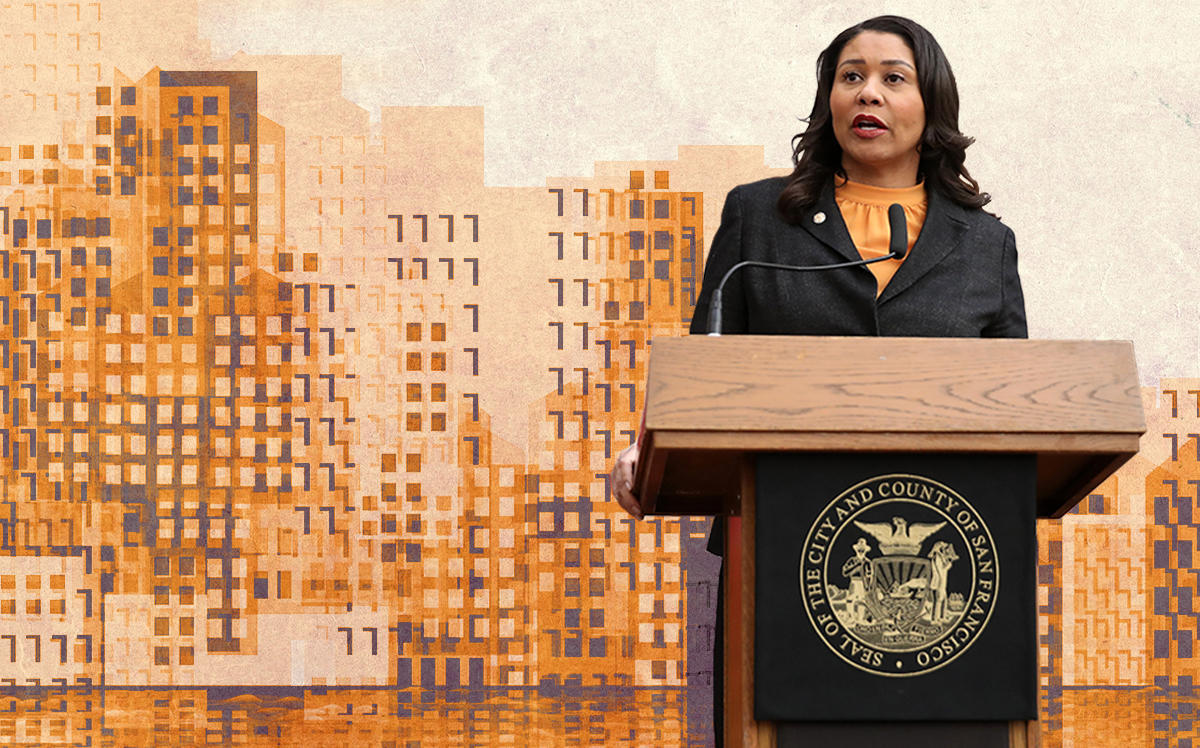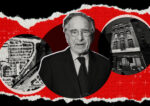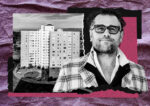Trending
San Francisco mayor blasts “lefty movement” for blocking housing
London Breed: Bad politics block solutions to affordability crisis

San Francisco Mayor London Breed didn’t mince words in telling a leading podcast of her city’s tendency to torpedo new housing developments.
On this week’s edition of Freakonomics, Breed blamed progressives for limiting the supply of dwellings, which she said drives up housing costs.
“San Francisco has a very, very, extremely left group of people on the Board of Supervisors more loyal to a ‘lefty movement’ than San Francisco’s residents,” said Breed, who is allied with Democrats.
She accused the board of undermining her efforts to build more housing despite the high costs of renting and buying in the city, as well as rising homelessness.
“The problem we have, and why we are seeing even more homeless people than we have in the past, has a lot to do with the fact that we have not kept up pace with building more housing,” she said on the popular podcast.
Her remarks were part of a two-part series on New York City’s economic crisis and why cities such as San Francisco are so expensive. It also featured economist Ed Glaeser, a professor at Harvard and an expert in how cities function and grow economically.
“I know how to make New York affordable,” Glaeser said in the first episode. “You build 100,000 new units a year.” A recent study found that over a decade, only 19 dwellings were created for every 100 new jobs in the city.
One way to build more housing is by rezoning to allow for more density. But that should not be the only remedy, according to Dan Doctoroff, who was New York City’s deputy mayor of economic development under Michael Bloomberg. Doctoroff, on the same episode as Breed, said the Bloomberg administration rezoned 140 tracts of land to support more dense construction, but it “didn’t do nearly enough.”
Earlier this year he said on a TRD Talk that Bloomberg’s 70 contextual rezonings, which froze current densities in place, should be revisited to find opportunities for growth.
Doctoroff is now CEO of Sidewalk Labs, which tries to make cities work better. But its flagship project, remaking a waterfront neighborhood in Toronto to showcase solutions to modern urban problems, met with opposition and was canceled after the pandemic hit.
In San Francisco, Breed established “neighborhood preference” to tamp down gentrification fears. The policy sets aside 25 percent to 40 percent of new affordable units for people already living in that neighborhood. But in New York City, a similar policy has been criticized for curbing diversity in neighborhoods.
The podcast episodes also highlight how cities might thrive again after the pandemic, and give an overview of the political changes that happened in the 1970s and ’80s that contributed to today’s housing costs. Renters’ rights movements, for example, made apartments safer but at a financial cost.
The episodes explore potential solutions to the housing crisis, such as assembly-line homebuilding with composite wood and digital electricity.




